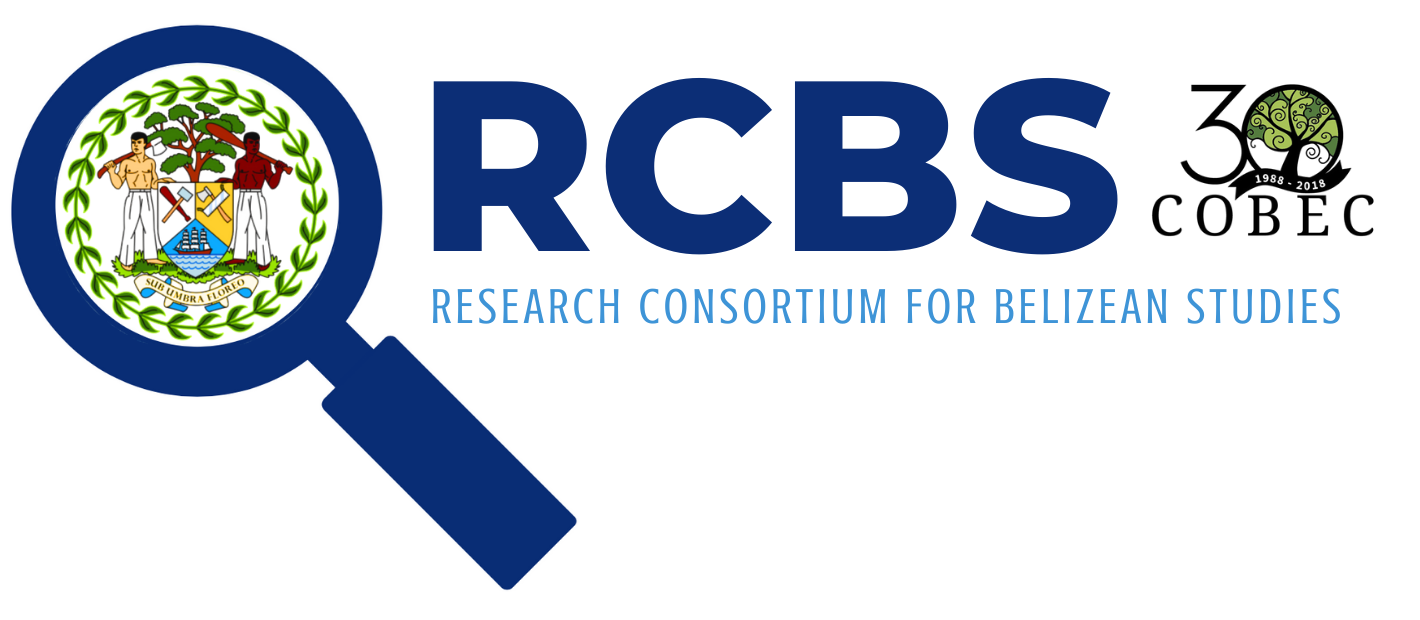
Research Consortium for Belizean Studies
Assessment of Attitudes Toward the Emergency Triage System in Belize
Abstract
Objective. Triage in resource-limited settings (RLS) improves outcomes. Emergency Triage Assessment and Treatment (ETAT) is a simple triage algorithm that improves assessment and initial management of children in RLS. In Belize, pediatric triage varies with setting, from a 5-level Emergency Severity Index (ESI) used at the National Referral Hospital to a lack of triage at government health centers (GHC). Most data on ETAT implementation are in settings where no triage system existed; data on how to integrate ETAT into existing, heterogeneous triage systems are lacking. The aim of this study is to explore health care providers’ (HCPs) attitudes toward the current triage system prior to national pediatric triage process implementation. Methods. A qualitative study was performed via convenience sampling of HCPs who participated in an ETAT training course using focus groups immediately and 1 year after an initial ETAT training. Focus groups were digitally recorded and transcribed. Three coders analyzed all transcripts to identify emerging themes. Constant comparison analysis was performed until achieving thematic saturation. Results. The following principal themes emerged: (1) importance of triage education and implementation to standardize and improve communication; (2) major limitations of ESI include its complexity, lack of pediatric-specific criteria, and dependence on equipment not consistently available; and (3) desire to implement a simple, low-resource pediatric-specific triage system. Conclusions. Participants believe triage education and process implementation is essential to improve communication and pediatric emergency care. Simple, low-resource pediatric-specific triage systems, like ETAT, may improve utilization by providing faster recognition and improved care for acutely ill children.

